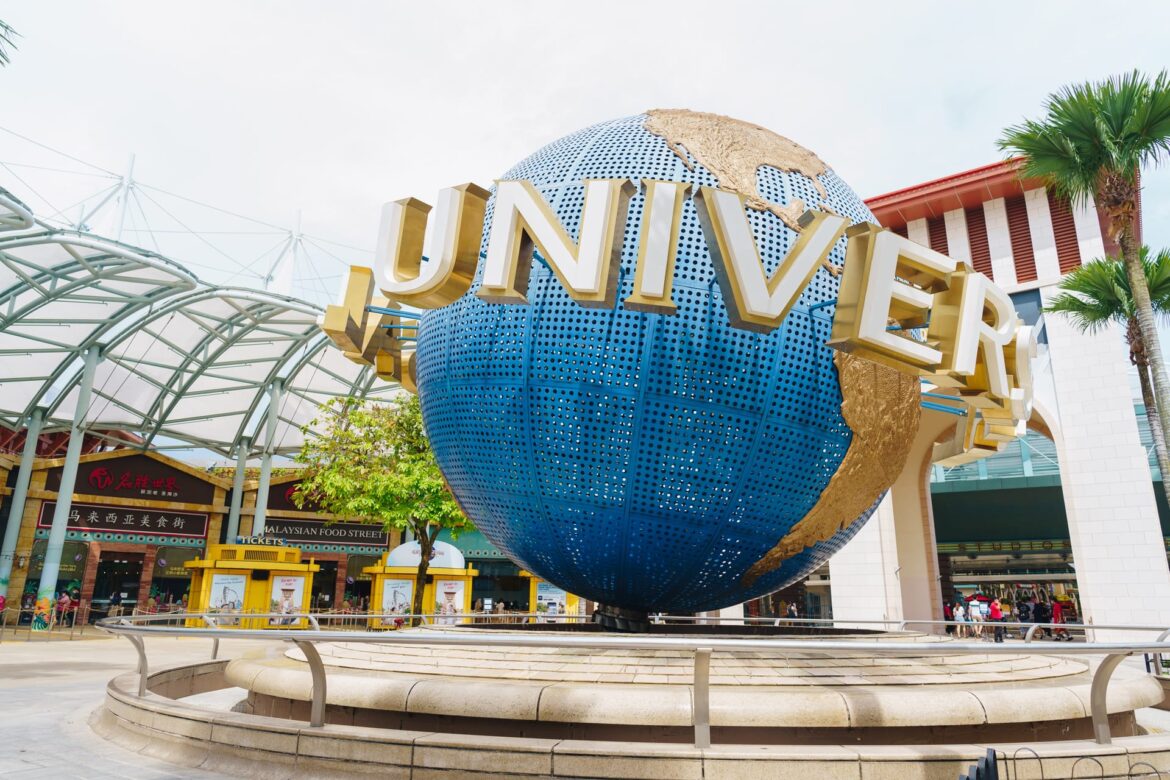The Universal Church of God, also known as the Universal Church of the Kingdom of God (UCKG), presents a fascinating study in the intersection of faith and socio-religious dynamics within the Christian tradition. Established in Brazil in 1977, this bold religious movement has experienced tremendous growth and has been the subject of vigorous debate and analysis within the academic and religious communities. This article aims to explore the origins, growth, and belief system of this church, with an analytical lens focused on its implications for contemporary Christianity.
Understanding the origins of the Universal Church requires a contextual examination of its sociopolitical environment. Founded in São Paulo by Bishop Edir Macedo, the church emerged during a tumultuous period in Brazilian history characterized by economic instability and social disenchantment. Macedo, a former member of the Assembly of God, crafted a distinct vision that diverged from traditional Pentecostalism. This vision integrated principles of prosperity theology, which asserts that faith can yield material wealth and corporate success, a notion that resonated with many who sought amelioration from poverty.
As the roots of the Universal Church took hold, its growth trajectory was nothing short of meteoric. The movement’s appeal transcended geographic and demographic boundaries, capturing the attention of the Brazilian lower and middle classes. Through the strategic use of media, especially television, the church expanded its outreach significantly. The creation of the Rede Record, a television network, in 1989 served as a crucial catalyst for disseminating its teachings far beyond local congregations. In this sense, the Universal Church became a pioneer in using modern communication tactics to spread its gospel.
Historically, the spiral of growth can also be attributed to the church’s approach to community engagement. Unlike many traditional denominations that may focus on the spiritual realm alone, the Universal Church has frequently sought to address socio-economic issues directly. It established various social programs aimed at alleviating poverty, addiction, and illiteracy, encompassing the holistic growth of its congregants. This dual focus on spiritual and social empowerment has been intrinsic to its meteoric rise, as attendees often find both a community and an avenue for improvement in their quality of life.
The belief system of the Universal Church is multifaceted, reflecting its Pentecostal roots while also asserting distinct doctrines that set it apart. Central to its theology is the notion that faith, accompanied by financial contributions—often termed as ‘sacrificial offerings’—can unlock divine blessings. This tenet not only fosters a sense of personal empowerment among adherents but generates significant financial income that fuels the church’s expansive operations.
Another salient aspect of the church’s belief system is its emphasis on spiritual warfare. Followers are taught that life is a battleground between good and evil, which necessitates proactive engagement in prayer and rituals designed to combat malevolent spiritual entities. This perspective not only imbues adherents with a heightened sense of purpose but also a communal identity bound together by shared struggles and victories.
Moreover, the Universal Church implements a somewhat unique interpretation of scriptural texts, heavily influenced by a literal reading of the Bible. This approach aids in fostering a clear, accessible theological framework but also raises questions among critics regarding its alignment with mainstream Christian doctrine. Scholars have debated whether such interpretations reflect a progressive embrace of modernity or a regression into superficial religious consumerism.
As congregations proliferate globally, observers note that the Universal Church does not function without controversy. Its aggressive proselytizing methods, coupled with allegations of manipulation and fetishism surrounding monetary practices, have drawn sharp criticism from various spheres, including established Christian denominations and secular commentators. Critics assert that the church preys on the economically vulnerable, further exacerbating existing disparities. Conversely, proponents argue that its methods bring hope and transformation to lives otherwise steeped in despair.
The church has also made a concerted effort to engage with secular cultures and has been successful in adapting its message to various international contexts. This adaptability has allowed it to set down roots in various countries around the globe, including the United States, the United Kingdom, and several nations in Africa and Europe. As it continues to expand, its cultural relevance remains a topic of intense scholarly interest. Observing how the Universal Church navigates diverse cultural landscapes reveals significant shifts in the landscape of global Christianity.
In conclusion, the Universal Church of God represents a rich tapestry of beliefs, practices, and societal impacts that extend beyond mere religious identification. Its origins, marked by socio-economic upheaval and the quest for hope, have manifested in a rapid growth pattern characterized by innovative outreach methodologies. The church’s unique belief system, while contentious, underscores a fundamental drive for empowerment through both spiritual and material success. As it continues to evolve and expand its global footprint, the Universal Church presents a compelling case study for understanding modern Christianity’s fluidity and complexity. Through its lens, one can examine the profound intersections of faith, culture, and community in a continually transforming world.



